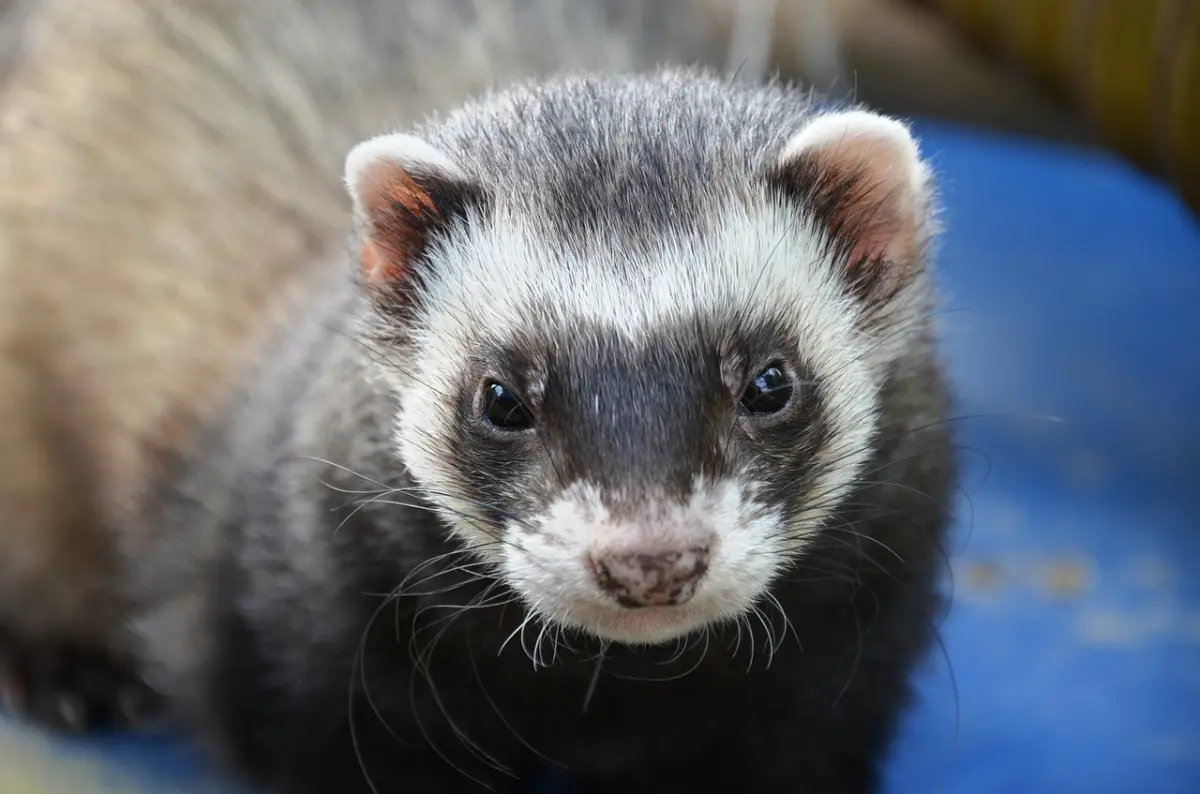Can my ferret eat cheese, this or that? As ferret owners, we all want the best for our beloved pets. This includes providing them with a balanced and nutritious diet. But what about the occasional treat? Many of us wonder if it’s safe to give our ferrets human food, such as cheese. Below, we will explore the safety and nutritional value of cheese for ferrets, and whether or not it’s a suitable snack for your dear ferret.
Ferrets and Their Diet
Before diving into the specifics of cheese, it’s essential to understand the natural diet of ferrets. Ferrets are carnivorous animals, meaning that their primary source of nutrition comes from animal proteins. In the wild, they would primarily eat small animals such as rodents, birds, and insects. This means that their digestive systems are specifically adapted to process and extract nutrients from animal proteins and fats, with little need for carbohydrates or plant-based foods.
The Nutritional Content of Cheese
Cheese is a dairy product derived from milk, which is rich in proteins, fats, vitamins, and minerals. However, the nutritional content of cheese can vary greatly depending on the type of cheese and the production process. Generally, cheese is a good source of calcium, phosphorus, and vitamins A and B12. It also contains a high amount of fat and protein, which might initially seem suitable for a ferret’s diet.

Lactose Intolerance and Ferrets
One crucial aspect to consider when thinking about giving cheese to your ferret is lactose intolerance. Like many other mammals, ferrets lose their ability to digest lactose, a sugar found in milk, as they grow older. This is due to a decrease in the production of lactase, an enzyme responsible for breaking down lactose. Feeding lactose-containing foods to a lactose-intolerant ferret can lead to gastrointestinal issues such as diarrhea, gas, and bloating.
While some types of cheese, like cheddar or Swiss, have lower lactose levels than milk, they still contain some amount of lactose. This means that even if your ferret doesn’t show immediate signs of lactose intolerance, it’s still not an ideal food choice.
High Fat Content and Ferrets
Another concern with feeding cheese to ferrets is its high-fat content. Although ferrets require a diet high in animal fats, the types of fats found in cheese are not necessarily the same as those found in their natural prey. Consuming too much cheese can lead to obesity and other health issues in ferrets, such as insulinoma, a type of pancreatic tumor.
The Verdict: Should You Feed Your Ferret Cheese?
Given the potential risks associated with lactose intolerance and the high-fat content of cheese, it’s best to avoid feeding cheese to your ferret. While it may not cause immediate harm, it’s not a suitable or nutritious treat for your pet. Instead, focus on providing a balanced diet with high-quality, animal-based protein sources and occasional treats designed specifically for ferrets.
If you’re looking for a safe and healthy treat for your ferret, consider freeze-dried or raw meat treats, such as chicken or turkey. These options are more in line with your ferret’s natural diet and will provide them with the nutrients they need to thrive.
In conclusion, while cheese might seem like a delicious treat for your ferret, it’s best to avoid it due to the potential risks it poses to their health. Stick to a balanced, high-protein diet, and your ferret will thank you for keeping them happy and healthy!
